Ten Years After "Wir Schaffen Das": Analyzing The Evolution Of Europe's Response To Migration
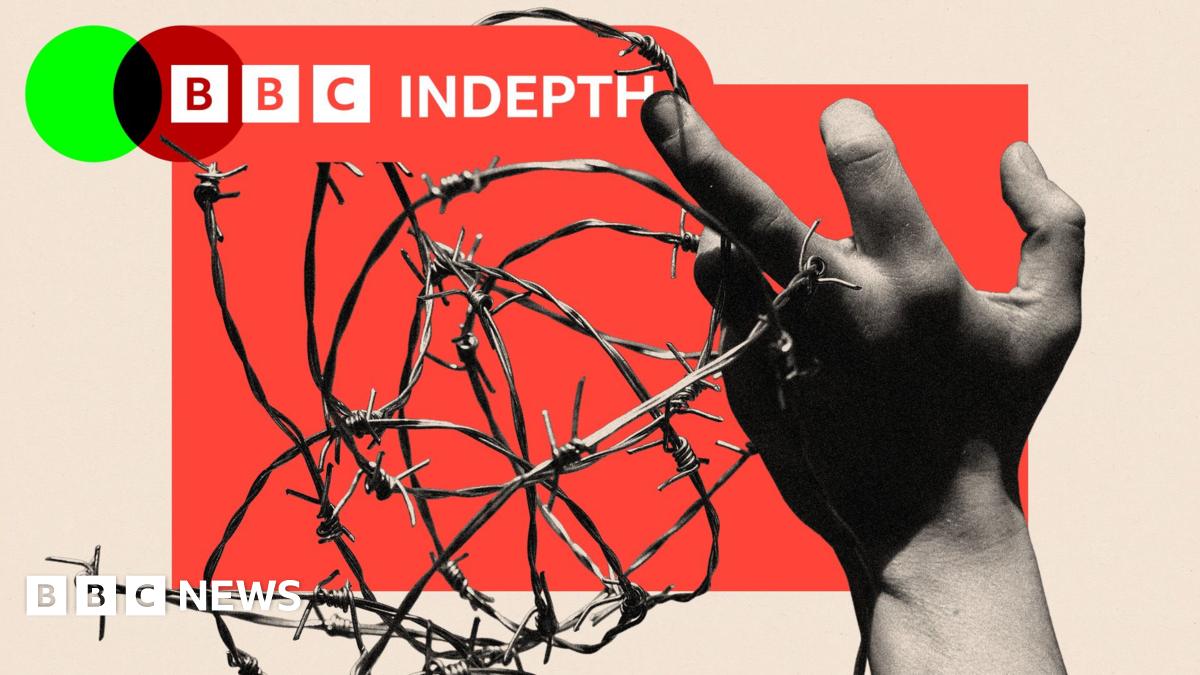
Welcome to your ultimate source for breaking news, trending updates, and in-depth stories from around the world. Whether it's politics, technology, entertainment, sports, or lifestyle, we bring you real-time updates that keep you informed and ahead of the curve.
Our team works tirelessly to ensure you never miss a moment. From the latest developments in global events to the most talked-about topics on social media, our news platform is designed to deliver accurate and timely information, all in one place.
Stay in the know and join thousands of readers who trust us for reliable, up-to-date content. Explore our expertly curated articles and dive deeper into the stories that matter to you. Visit Best Website now and be part of the conversation. Don't miss out on the headlines that shape our world!
Table of Contents
Ten Years After "Wir schaffen das": Analyzing the Evolution of Europe's Response to Migration
Ten years ago, German Chancellor Angela Merkel's declaration, "Wir schaffen das" ("We can do it"), resonated globally, encapsulating a seemingly optimistic approach to the unprecedented influx of refugees and migrants into Europe. Her statement, made in the midst of the 2015 European migrant crisis, became a rallying cry for some and a point of contention for others. A decade later, it's crucial to analyze the evolution of Europe's response to migration, assessing both successes and shortcomings in managing this complex and ongoing challenge.
The Initial Wave and the "Wir schaffen das" Legacy:
The 2015 crisis saw a dramatic surge in arrivals, primarily from Syria, Iraq, and Afghanistan, fleeing conflict and persecution. Merkel's open-door policy, while praised by many for its humanitarian stance, sparked significant debate across Europe. Countries like Hungary and Poland adopted stricter border controls, highlighting the stark divisions within the European Union regarding migration policy. The immediate aftermath was characterized by:
- Overwhelmed infrastructure: Reception centers struggled to cope with the sheer number of arrivals, leading to concerns about housing, healthcare, and integration.
- Rise of anti-immigration sentiment: The influx fueled the growth of far-right and populist movements across Europe, exploiting anxieties surrounding national identity and resource allocation.
- Strain on social services: Existing social welfare systems faced immense pressure, prompting discussions about the financial implications of supporting large-scale immigration.
Shifting Policies and the Ongoing Debate:
The initial wave prompted a significant shift in European migration policies. While the EU attempted to establish a more coordinated approach through relocation schemes and the creation of the European Border and Coast Guard Agency (Frontex), implementation remained uneven and often contentious. Key developments include:
- Strengthened border controls: Many EU member states invested heavily in border security, leading to stricter controls and increased surveillance.
- Focus on repatriation: Efforts to repatriate asylum seekers whose claims were rejected intensified, though practical challenges often hindered effective implementation.
- Increased externalization of border control: The EU collaborated with countries outside the EU, such as Libya and Turkey, to stem the flow of migrants, leading to ethical concerns about human rights violations.
Long-Term Impacts and Future Challenges:
A decade on, the long-term consequences of the 2015 crisis are still unfolding. The successful integration of migrants remains a key challenge, requiring sustained investment in language training, education, and job creation. Furthermore, the issue of undocumented migrants persists, posing significant logistical and humanitarian challenges.
Looking Ahead: The future of European migration policy requires a comprehensive and nuanced approach. This includes:
- Sustainable integration strategies: Implementing effective programs to facilitate the social and economic integration of migrants.
- Fair burden-sharing among member states: Developing a more equitable system for distributing the responsibility of managing migration flows.
- Addressing the root causes of migration: Tackling issues such as conflict, poverty, and climate change that drive migration.
- Combating xenophobia and promoting inclusivity: Countering the rise of anti-immigration sentiment and fostering a more welcoming and inclusive society.
The legacy of "Wir schaffen das" is complex and multifaceted. While the phrase initially symbolized hope and inclusivity, the subsequent decade has been marked by challenges and divisions. Successfully navigating the complexities of migration in the years to come necessitates a cooperative, humane, and pragmatic approach across Europe. Only through a collaborative effort can Europe address the ongoing challenges and build a more sustainable and inclusive future. Further research into the economic and social impacts of migration will be vital in informing future policy decisions. [Link to relevant academic research].

Thank you for visiting our website, your trusted source for the latest updates and in-depth coverage on Ten Years After "Wir Schaffen Das": Analyzing The Evolution Of Europe's Response To Migration. We're committed to keeping you informed with timely and accurate information to meet your curiosity and needs.
If you have any questions, suggestions, or feedback, we'd love to hear from you. Your insights are valuable to us and help us improve to serve you better. Feel free to reach out through our contact page.
Don't forget to bookmark our website and check back regularly for the latest headlines and trending topics. See you next time, and thank you for being part of our growing community!
Featured Posts
-
 Intercepting Drug Vessels Ineffective Rubio Argues Destruction Is Key
Sep 06, 2025
Intercepting Drug Vessels Ineffective Rubio Argues Destruction Is Key
Sep 06, 2025 -
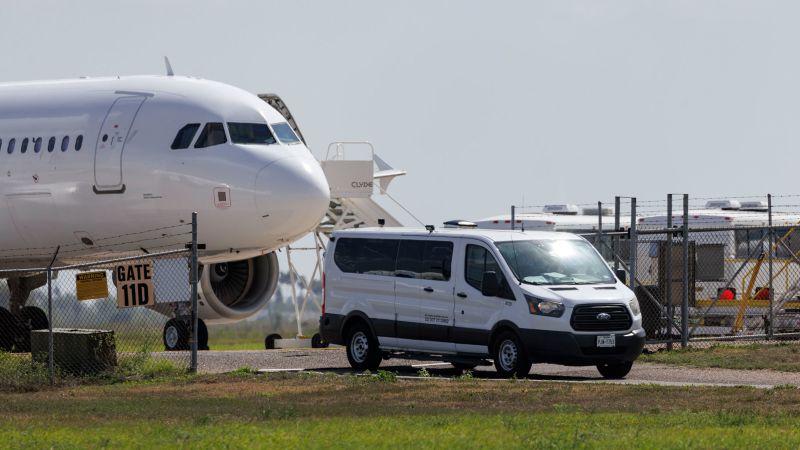 Separated Families The Difficult Journey To Repatriate Guatemalan Children From The Us
Sep 06, 2025
Separated Families The Difficult Journey To Repatriate Guatemalan Children From The Us
Sep 06, 2025 -
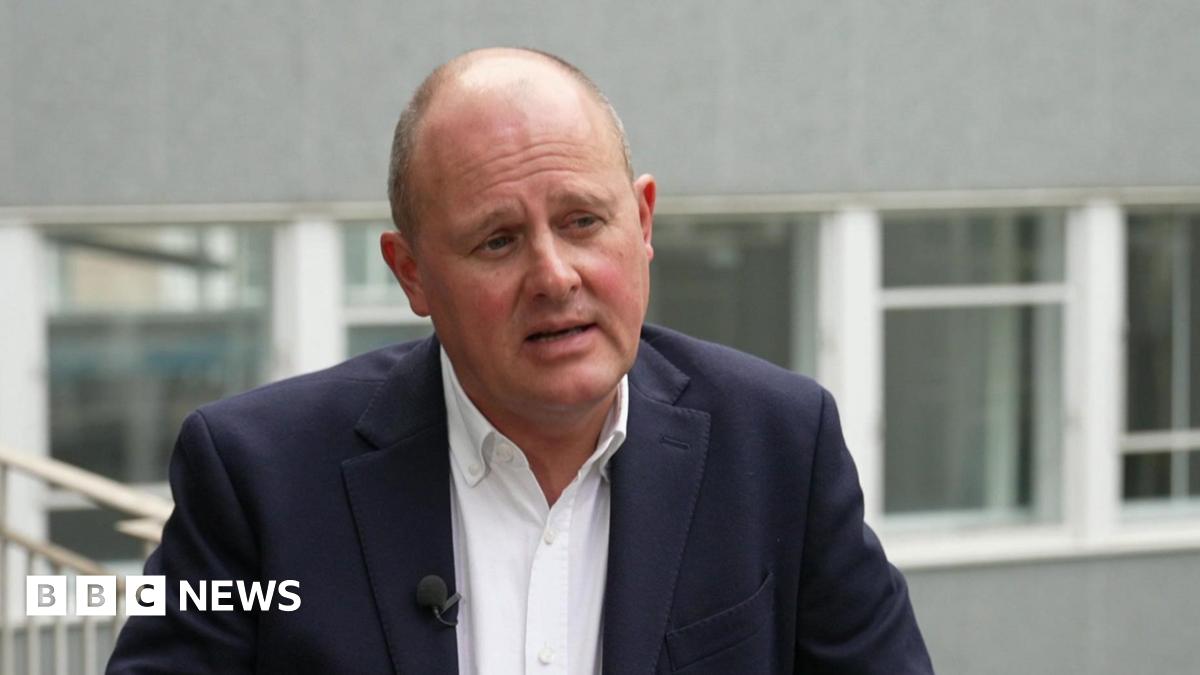 Unions Push For Wealth Tax As They Lobby Shadow Chancellor Reeves
Sep 06, 2025
Unions Push For Wealth Tax As They Lobby Shadow Chancellor Reeves
Sep 06, 2025 -
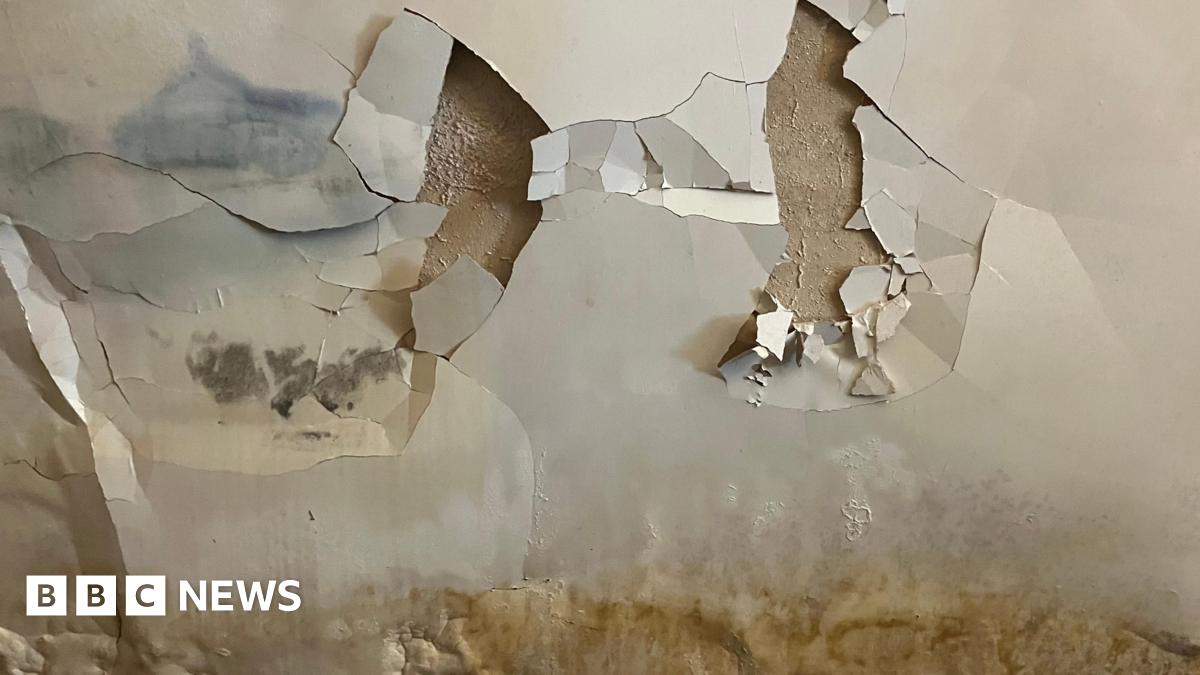 Faulty Insulation Scandal 30 000 Homes Impacted By Government Schemes
Sep 06, 2025
Faulty Insulation Scandal 30 000 Homes Impacted By Government Schemes
Sep 06, 2025 -
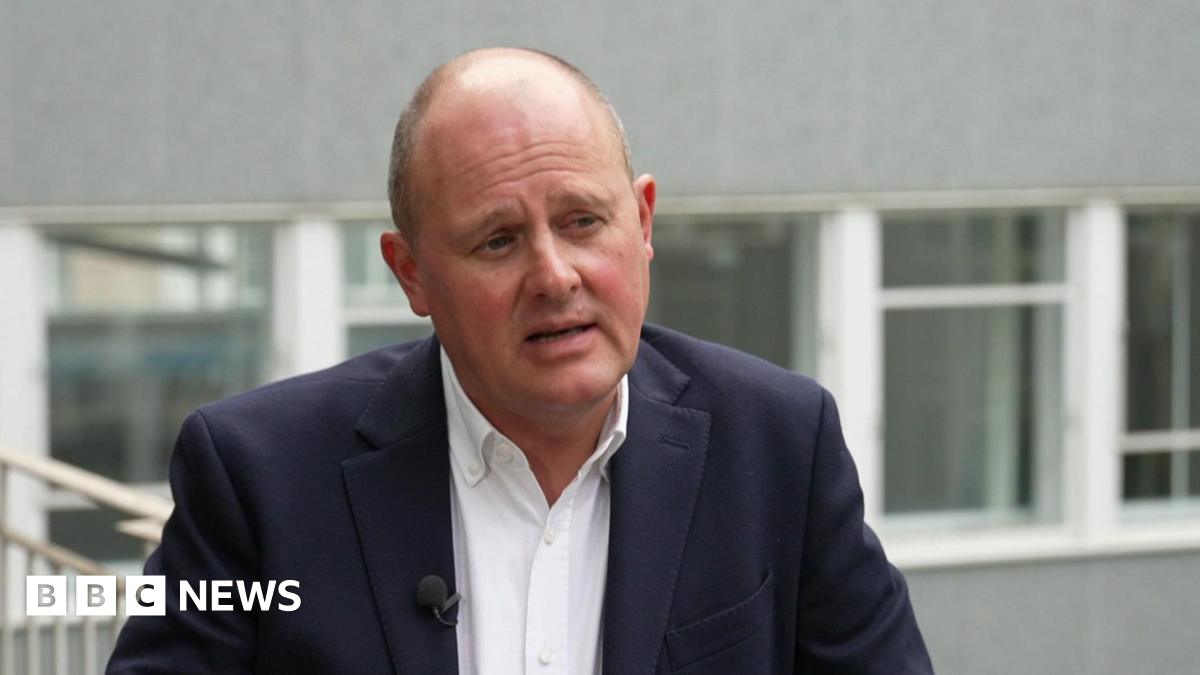 Labours Reeves Under Pressure From Unions Over Wealth Tax Policy
Sep 06, 2025
Labours Reeves Under Pressure From Unions Over Wealth Tax Policy
Sep 06, 2025
Latest Posts
-
 Red Dead Redemption 2s Companion App No Longer Available From Rockstar
Sep 06, 2025
Red Dead Redemption 2s Companion App No Longer Available From Rockstar
Sep 06, 2025 -
 Property Deal Scrutiny Bbc Uncovers Rayners Consultations
Sep 06, 2025
Property Deal Scrutiny Bbc Uncovers Rayners Consultations
Sep 06, 2025 -
 Rayner Under Pressure Facing Calls To Resign
Sep 06, 2025
Rayner Under Pressure Facing Calls To Resign
Sep 06, 2025 -
 Childrens Constipation Parents Demand Improved Healthcare Access
Sep 06, 2025
Childrens Constipation Parents Demand Improved Healthcare Access
Sep 06, 2025 -
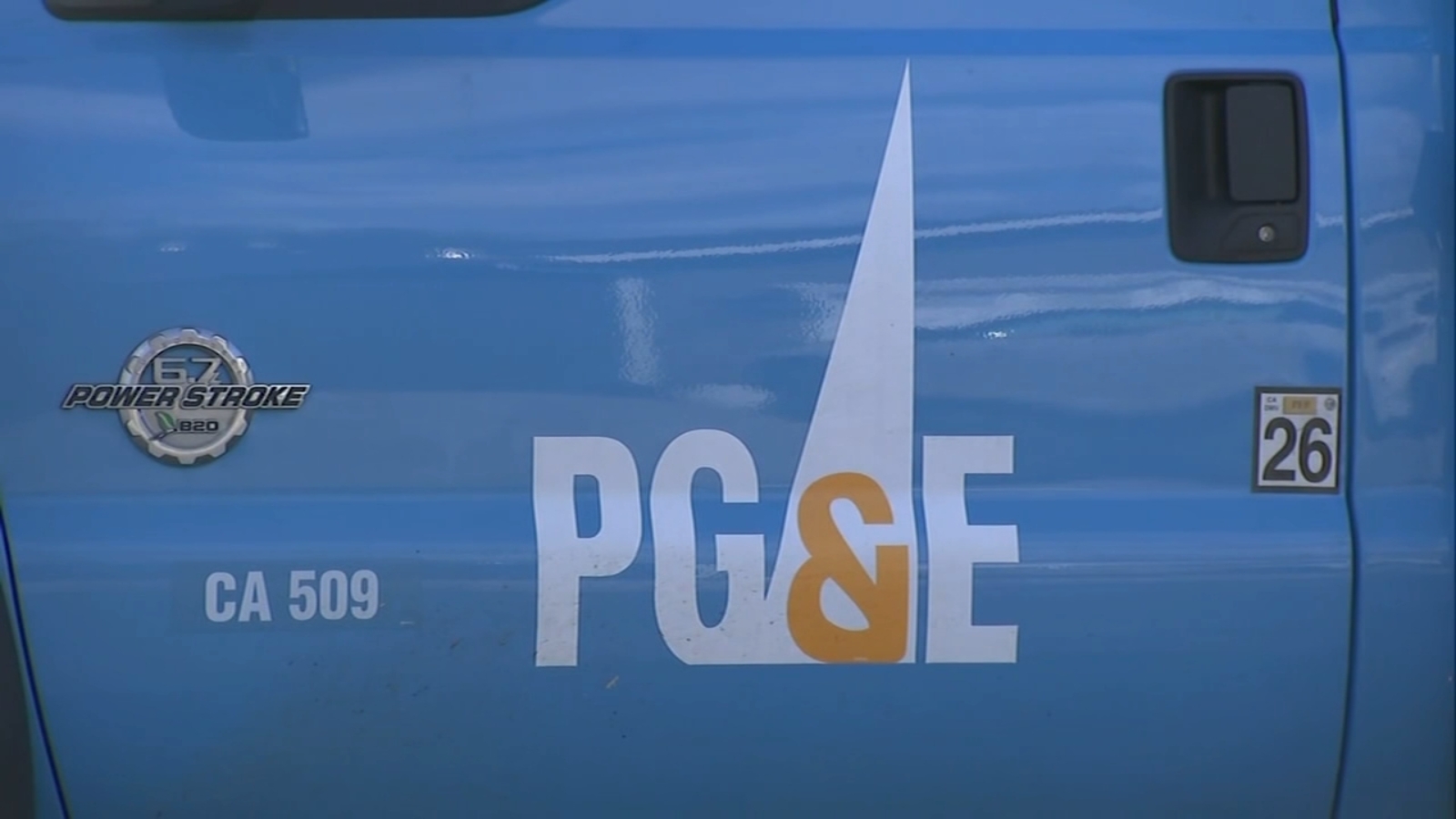 Expecting A Smaller Pg And E Bill Heres Why
Sep 06, 2025
Expecting A Smaller Pg And E Bill Heres Why
Sep 06, 2025
